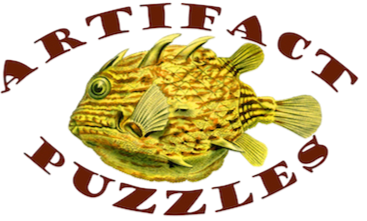Last year, a NYTimes reporter asked us if jigsaw puzzles were good for your brain, and while it seems obvious the answer is YES!, we weren’t sure there was any actual scientific evidence.
Well, we’ve been doing some reading, and the word is that any new, moderate challenge is good for you. Our brains are constantly changing. Much of these changes are in how brain cells are connected. But new brain cells also get created in response to interesting/changing environments, for example, if you give monkeys new toys to play with (or, analogously, we hypothesize, you give adults stimulating jigsaw puzzles).
And apart from keeping us smart and healthy, it turns out new brain cells also make us happy.
It’s tempting to cite a bunch of scientific articles for all this, but if you’re the type of person who’s going to read scientific articles you can find them yourself on scholar.google.com. Instead, I’ll limit myself to recommending just one fun-to-read book on brain science: “Proust was a Neuroscientist” by Jonah Lehrer. Each chapter of the book talks about an insight had by some artist (Walt Whitman, Cezanne, Stravinksy, etc.), and why scientists now agree. Lehrer outlines the above argument about how stimulation (but not high-stress) is good in the chapter on author George Elliot. But my favorite chapter is on Proust and how our memories change every time we remember.
